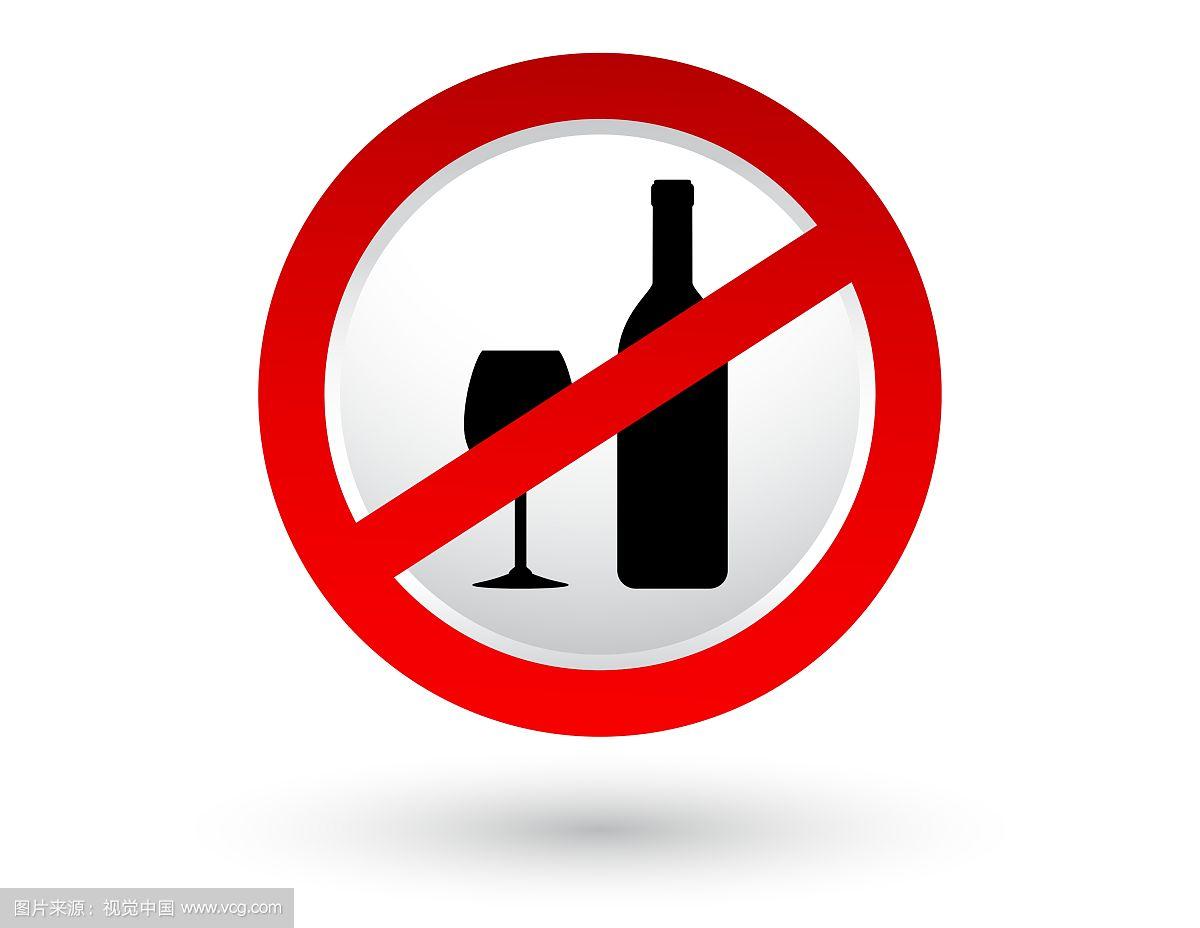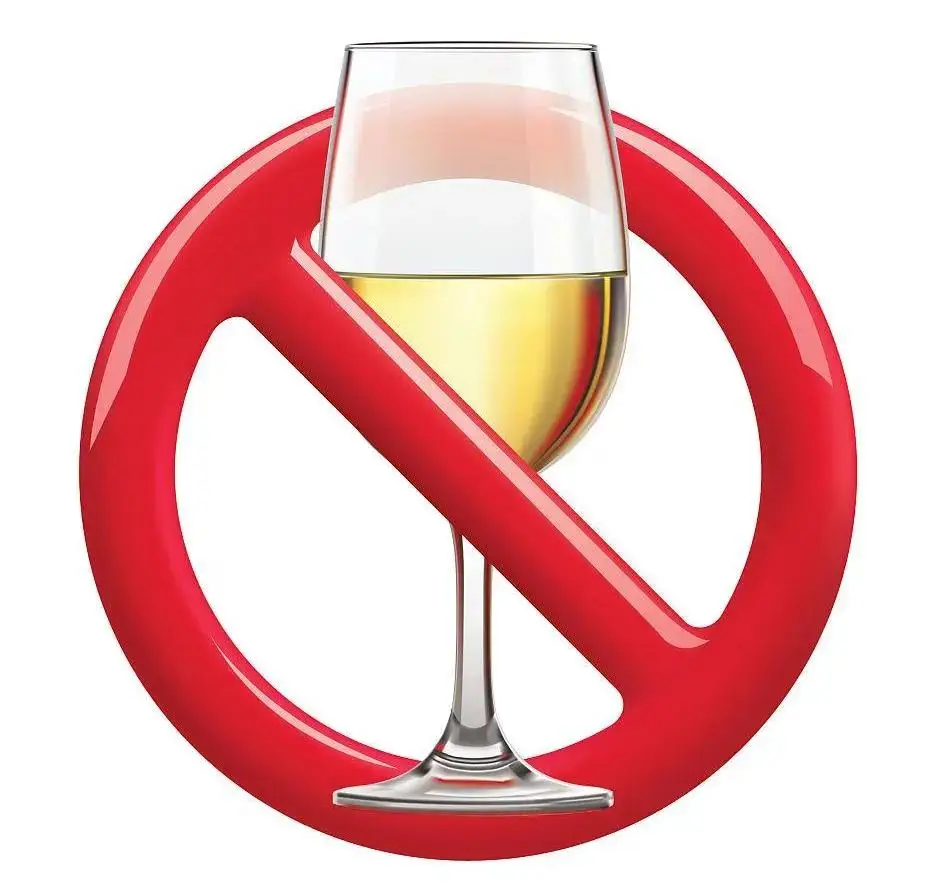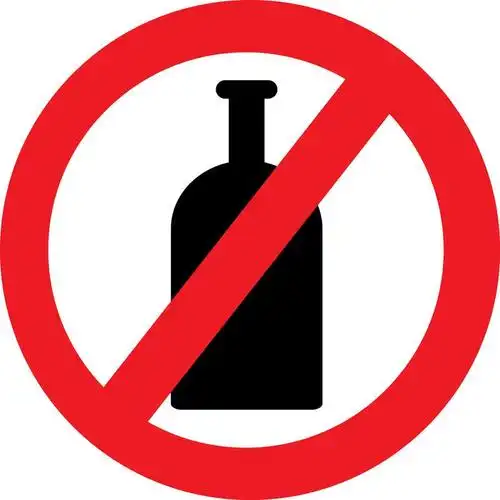For millions of people worldwide, eczema and psoriasis are more than just skin conditions—they are daily battles with discomfort, self-consciousness, and relentless symptoms. While treatments range from topical creams to lifestyle adjustments, one often overlooked factor exacerbating these conditions is alcohol consumption. Emerging research and countless patient testimonials highlight a clear connection: alcohol worsens eczema and psoriasis, leading to increased itching, redness, and inflammation. Understanding this link is crucial for anyone seeking to manage their skin health effectively.

The Science Behind Alcohol and Skin Inflammation
To comprehend why alcohol negatively impacts eczema and psoriasis, it’s essential to delve into the physiological effects of alcohol on the body. Alcohol is a vasodilator, meaning it widens blood vessels and increases blood flow to the skin. This process can lead to flushing and redness, which are particularly problematic for individuals with inflammatory skin conditions. For those with psoriasis, alcohol consumption has been shown to increase the production of cytokines, proteins that promote inflammation. This heightened inflammatory response can trigger or worsen psoriasis flare-ups, characterized by thick, red, scaly patches.
Similarly, eczema (atopic dermatitis) is driven by an overactive immune response and a compromised skin barrier. Alcohol can dehydrate the body, including the skin, leading to dryness and irritation. Dehydrated skin is more prone to cracking, itching, and inflammation, all of which exacerbate eczema symptoms. Moreover, alcohol can disrupt sleep patterns, and poor sleep is a known trigger for both eczema and psoriasis flare-ups. The combination of dehydration, inflammation, and sleep disruption creates a perfect storm for worsening skin conditions.
Alcohol’s Impact on Immune Function
Both eczema and psoriasis are autoimmune-related conditions, meaning the immune system plays a significant role in their manifestation. Alcohol consumption can suppress immune function, making the body more susceptible to infections and inflammation. For instance, alcohol inhibits the function of T-cells and other immune cells that help regulate inflammatory responses. In psoriasis, this dysregulation can lead to an acceleration of skin cell production, resulting in the characteristic plaques. In eczema, a weakened immune system can make the skin more vulnerable to allergens and irritants, triggering intense itching and redness.
Additionally, alcohol can alter the gut microbiome, which is increasingly recognized as a key player in immune health. An imbalance in gut bacteria can contribute to systemic inflammation, further aggravating skin conditions. Studies have shown that individuals with psoriasis often have different gut microbiota compositions compared to those without the condition, and alcohol can exacerbate this imbalance.
The Vicious Cycle of Itching and Redness
One of the most distressing symptoms of eczema and psoriasis is itching. The urge to scratch can be overwhelming, leading to a cycle of damage and inflammation. Alcohol consumption intensifies this cycle in several ways. First, as a vasodilator, alcohol increases blood flow to the skin, making it feel warmer and more irritated. This sensation often leads to increased scratching, which damages the skin barrier and invites infections.
Second, alcohol can interfere with the effectiveness of treatments. Many individuals with eczema or psoriasis use topical steroids or immunosuppressants to manage their symptoms. Alcohol can reduce the efficacy of these medications or interact with them, leading to suboptimal results. For example, alcohol can cause liver stress, which may affect how the body metabolizes certain drugs, potentially reducing their therapeutic benefits.
Personal Stories: The Real-Life Impact
Beyond the science, countless individuals have shared their experiences with alcohol and skin health. Many report noticeable improvements in their eczema or psoriasis after reducing or eliminating alcohol consumption. For instance, one person with psoriasis described how cutting out alcohol led to a significant reduction in plaque thickness and redness within just a few weeks. Another individual with eczema noted that their skin became less itchy and more manageable after quitting alcohol, allowing them to sleep better and feel more confident.
These anecdotes align with clinical observations. Dermatologists often advise patients with inflammatory skin conditions to avoid alcohol, especially during flare-ups. While not everyone may experience the same degree of improvement, the consensus is that alcohol is a common trigger that can undermine other treatment efforts.
Steps to Quit Alcohol for Better Skin Health
If you’re struggling with eczema or psoriasis, reducing or eliminating alcohol could be a game-changer. Here are some practical steps to help you quit:
-
Set Clear Goals: Determine whether you want to reduce alcohol intake or quit entirely. Setting specific, measurable goals can help you stay committed.
-
Seek Support: quitting alcohol can be challenging, especially if it’s a part of your social routine. Consider joining support groups, talking to a therapist, or enlisting friends and family for encouragement.
-
Find Alternatives: Replace alcoholic beverages with non-alcoholic options that you enjoy. Sparkling water, herbal teas, or mocktails can be satisfying substitutes.
-
Monitor Your Skin: Keep a journal to track your skin’s response to reduced alcohol consumption. Note changes in itching, redness, and overall comfort. This can provide motivation to stay on track.
-
Focus on Overall Wellness: quitting alcohol is just one part of managing eczema and psoriasis. Prioritize a balanced diet, regular exercise, stress management, and adequate sleep to support your skin health holistically.
The Bigger Picture: Alcohol and Skin Health
While quitting alcohol may not cure eczema or psoriasis, it can significantly reduce the severity and frequency of flare-ups. It’s important to view alcohol reduction as part of a comprehensive approach to skin care. Combining this change with other lifestyle modifications—such as using gentle skincare products, avoiding known triggers, and following a treatment plan—can lead to meaningful improvements.
Moreover, the benefits of reducing alcohol extend beyond skin health. Lower alcohol consumption can improve liver function, enhance sleep quality, boost mental health, and reduce the risk of chronic diseases. For individuals with eczema or psoriasis, these overall health gains can further contribute to better skin outcomes.
Conclusion: Take Control of Your Skin Health Today
The evidence is clear: alcohol worsens eczema and psoriasis by increasing inflammation, dehydration, and immune dysfunction. The resulting itching and redness can diminish your quality of life, but you have the power to make a change. By reducing or eliminating alcohol, you can take a significant step toward managing your skin condition more effectively. Remember, every small change counts, and your skin—and overall health—will thank you for it.





发表评论